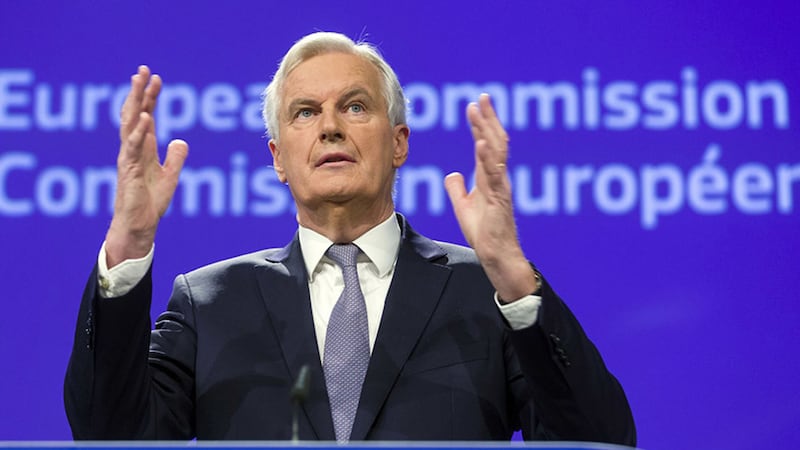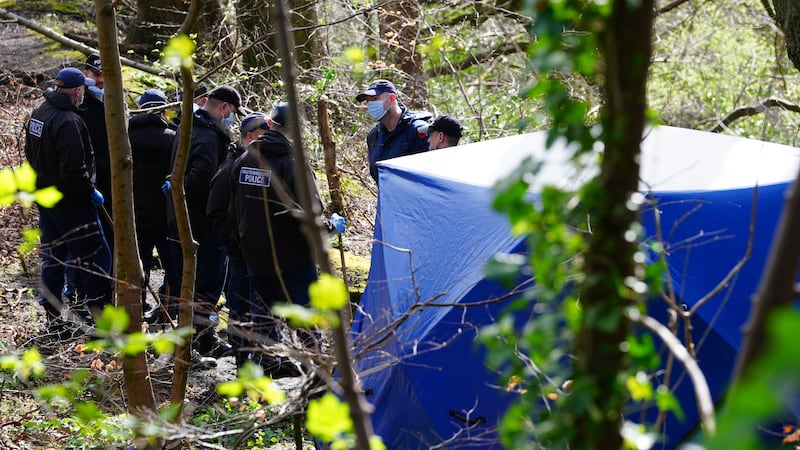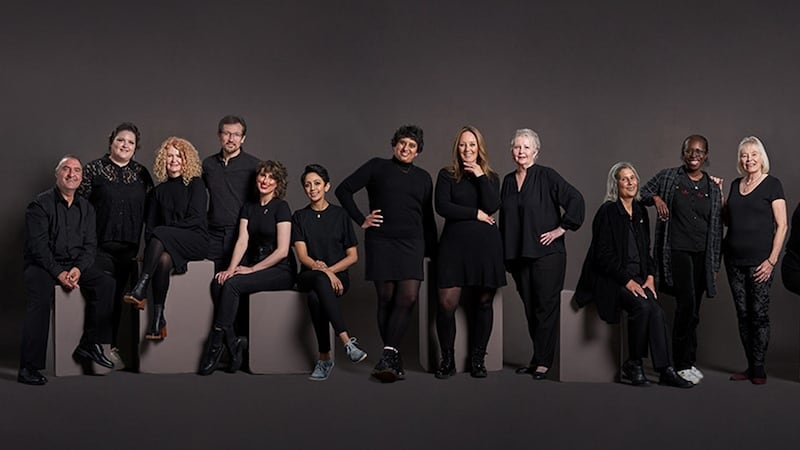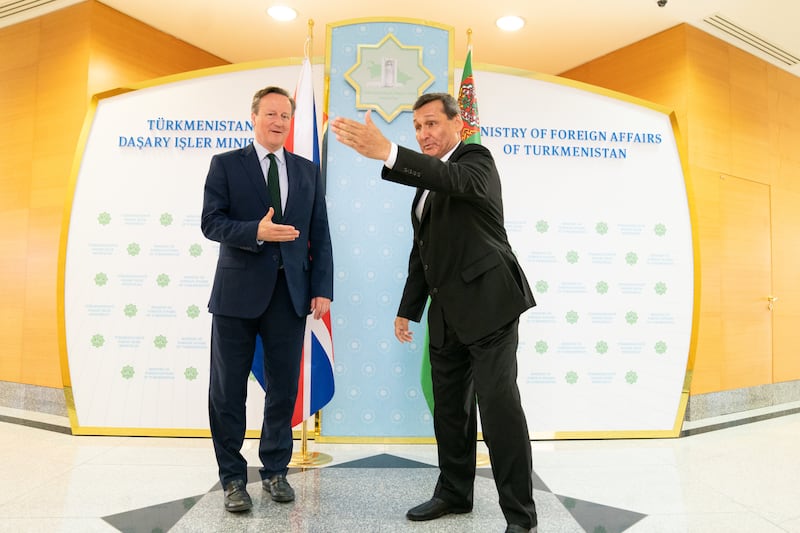The European Union's lead Brexit official has urged Britain to "keep calm and negotiate" as he set out an 18-month deadline for talks on a deal.
Although Article 50 of the EU treaties allows two years to thrash out a deal, the European Commission's Brexit negotiator Michel Barnier said that talks must end months earlier, to allow time for the European Council, the European Parliament and the UK to approve the agreement.
If Britain formally notifies Brussels of its intention to leave by the end of March - as Theresa May has said she will - this would mean a deal was needed by October 2018.
But Mr Barnier indicated a transitional arrangement, potentially meaning Britain continuing to pay into the Brussels budget in order to secure the best single market access, could be put in place after formally breaking away from the EU.
In an apparent sign that he is unwilling to budge from the requirement for freedom of movement in return for full access to the single market, Mr Barnier said the UK will not be allowed to "cherry-pick" which EU rights and obligations it wishes to keep.
In his first briefing on his preparations for the Article 50 negotiations, Mr Barnier said: "Being a member of the European Union comes with rights and benefits. Third countries can never have the same rights and benefits since they are not subject to the same obligations."
He said he was aiming for an "orderly" Brexit, but said it was "too soon" to discuss the details of how it would happen.
"We are entering uncharted waters," said the French former foreign minister.
"The work will be legally complex, politically sensitive and will have important consequences for our economies and for our people, on both sides of the Channel."
Mr Barnier indicated that a transition arrangement after Brexit could be agreed, but it would be up to the UK to set out its aims first before the rest of the EU could consider it.
A transitional period "only has sense if it prepares the way for a future relationship", he said, but acknowledged that "you can't do everything in 15 to 18 months of negotiations".
Despite earlier suggestions that he would insist on French being the language of the Article 50 talks, Mr Barnier spoke in both English and French at the Brussels press conference.
He said: "We are ready. Keep calm and negotiate."
A Downing Street spokesman said that Article 50 set out a two-year process for withdrawal from the EU.
"We have been clear that we are not seeking to extend that process," he said. "In terms of how long actual negotiations take, clearly that's a matter that will resolve itself as a result of the negotiations. It would be wrong for me to put a timetable on that.
"The European negotiating team's approach to the negotiations between the UK and the other 27 member states is clearly a matter for them. We have been clear on our timetable and we are not moving away from that."
He added: "It is our Article 50 as well, because we are members of the EU. The timetable is clear in that."
Asked about Mr Barnier's use of a wartime slogan to urge the UK to "keep calm and negotiate", the spokesman said: "We are going into these negotiations with a spirit of goodwill and we are seeing that reflected in the dialogue we've had thus far with our European partners.
"We are entering negotiations with other member states. We will do that in a spirit of goodwill and we will do it calmly."
The spokesman said there was nothing new in Mr Barnier's insistence that there could be no "cherry-picking" of EU rights and obligations.
He added: "The EU negotiating team's position is a matter for it. What is important is our negotiations and how we go about them."
Mr Barnier's comments came as Mrs May faced domestic pressure to set out her Brexit plans.
The Prime Minister has frustrated some on her own benches with her reluctance to spell out her goals and up to 40 potential Tory rebels are thought to be prepared to back a Labour motion on the issue on Wednesday.
Mr Barnier recalled campaigning in his 20s in the French referendum of 1972 in favour of Britain's entry into what was then the EEC.
"At that time I campaigned for a Yes vote and I still think today that I made the right choice," he said. "Five months ago, a majority of the British citizens voted to leave the EU. We now need to deal with this new situation and organise an orderly withdrawal."
Since being appointed lead negotiator by European Commission president Jean-Claude Juncker in July, he said he had set up a taskforce of 30 experts who were scouring the EU's rules and regulations to identify what issues must be dealt with during the Article 50 talks.
He has also visited 18 EU capitals to discuss the UK's withdrawal and intends to travel to all 27 for talks before the end of January.








